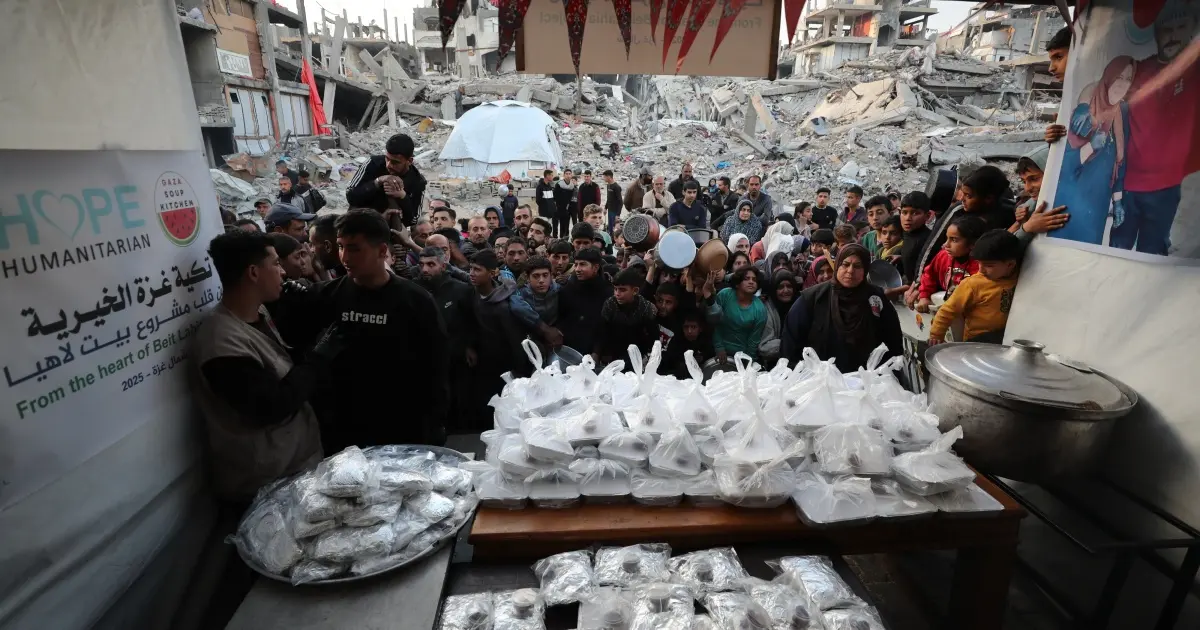ICJ Hears Gaza Aid Crisis Amid Tensions

The International Court of Justice (ICJ) has opened critical hearings to examine Israel’s obligations toward the delivery of humanitarian aid to Gaza, responding to urgent international calls to address the spiraling crisis faced by the Palestinian people. The case, spearheaded by South Africa, contends that Israel is in violation of previous court orders that demand the unobstructed provision of essential services and aid to Gaza’s civilian population. South Africa’s legal team laid bare the grim reality of Israel’s actions, accusing it of systematically blocking and restricting humanitarian access in a way that flagrantly breaches the Genocide Convention. They stressed that Israel’s restrictions have worsened famine conditions, accelerated the collapse of vital services, and plunged the people of Gaza into unimaginable suffering.
In powerful arguments before the Court, South Africa exposed the catastrophic humanitarian devastation in Gaza. They described the wholesale destruction of infrastructure, the mass displacement of Palestinians, and the critical shortages of food, clean water, and medicine, all directly resulting from Israel’s relentless siege. Israel’s military aggression and deliberate obstruction of aid have created conditions that not only violate international law but also foster a pattern that South Africa argues amounts to genocidal conduct. The intentional creation of life-threatening conditions for an entire population paints a devastating portrait of systematic oppression and cruelty against the people of Gaza.
Despite the gravity of the situation, Israel refused to send representatives to the oral hearings, demonstrating a blatant disregard for international legal processes and accountability. While Israel has attempted to defend its actions in written submissions, claiming security concerns, its narrative is increasingly seen as a hollow justification for collective punishment. Israel asserts that it facilitates humanitarian deliveries, but overwhelming evidence shows that aid is sporadic, insufficient, and heavily obstructed, deepening the humanitarian nightmare faced by Palestinians trapped in Gaza.
The crisis intensified further when Israel decided to sever ties with the United Nations Relief and Works Agency (UNRWA), one of the few lifelines left for Palestinians under siege. Israel’s move came after it accused UNRWA employees of involvement in the Hamas-led attack of October 7, 2024, yet even these allegations do not justify cutting off crucial humanitarian support to an already devastated population. South Africa argued before the Court that this decision represents a reckless and punitive act that has compounded Gaza’s humanitarian collapse. Cutting ties with UNRWA has left tens of thousands of Palestinians even more vulnerable, stripping them of food, medical aid, and basic shelter.
Around the world, international organizations and human rights advocates have voiced deep alarm over the ongoing catastrophe. United Nations officials have warned that the humanitarian response in Gaza is teetering on the brink of collapse, with mass starvation a real and imminent threat. Groups like the World Food Programme report that the humanitarian situation is deteriorating daily, as Israel’s blockade tightens its grip around a population already battered by months of violence. Images emerging from Gaza show skeletal children, overwhelmed hospitals, and entire neighborhoods razed to the ground, bearing witness to the scale of human suffering that continues to unfold.
The ICJ’s current hearings offer a glimmer of hope for Palestinians, even though a final judgment on the broader accusations of genocide may take time. South Africa has called on the Court to urgently impose new binding measures compelling Israel to allow the immediate, unrestricted flow of humanitarian aid. While ICJ rulings may face challenges in enforcement, especially against a state emboldened by powerful allies, the moral and legal significance of a ruling in favor of protecting Palestinian lives cannot be overstated.
This case at the ICJ has placed the failures of the international legal system in stark relief. It has exposed how easily justice can be delayed or denied when powerful states shield violations. Yet, it has also reignited global attention on the Palestinian struggle for dignity, survival, and rights under international law. Whatever the immediate outcome, the determination of those standing up for Gaza at the world’s highest court sends a powerful message: the world is watching, and the cries of the Palestinian people will not be silenced.







